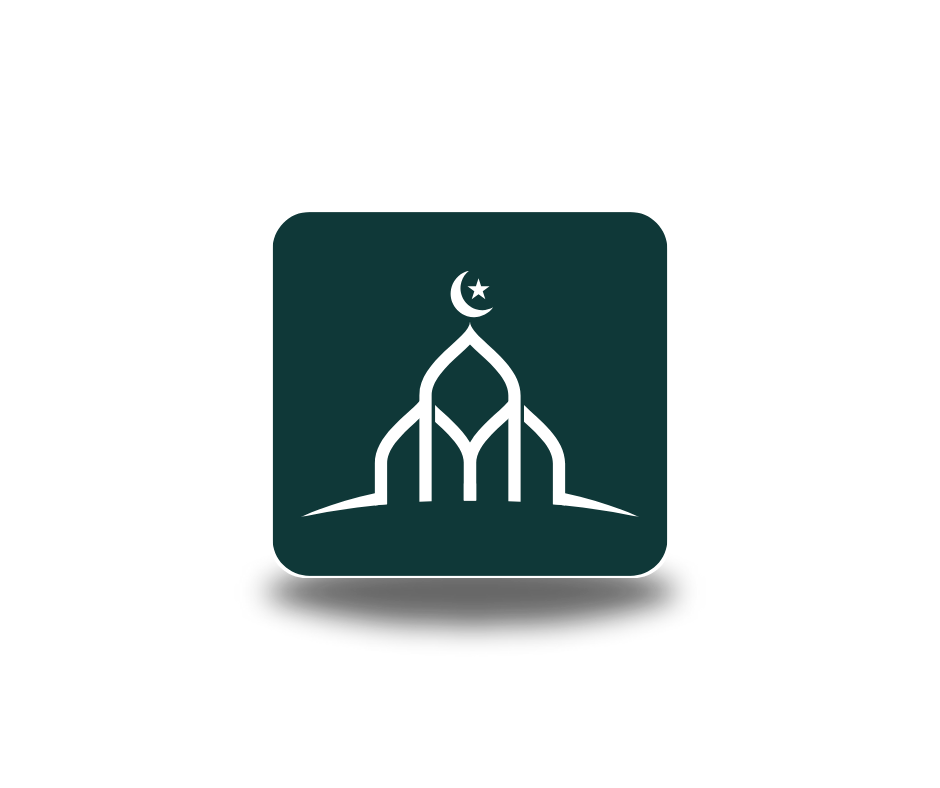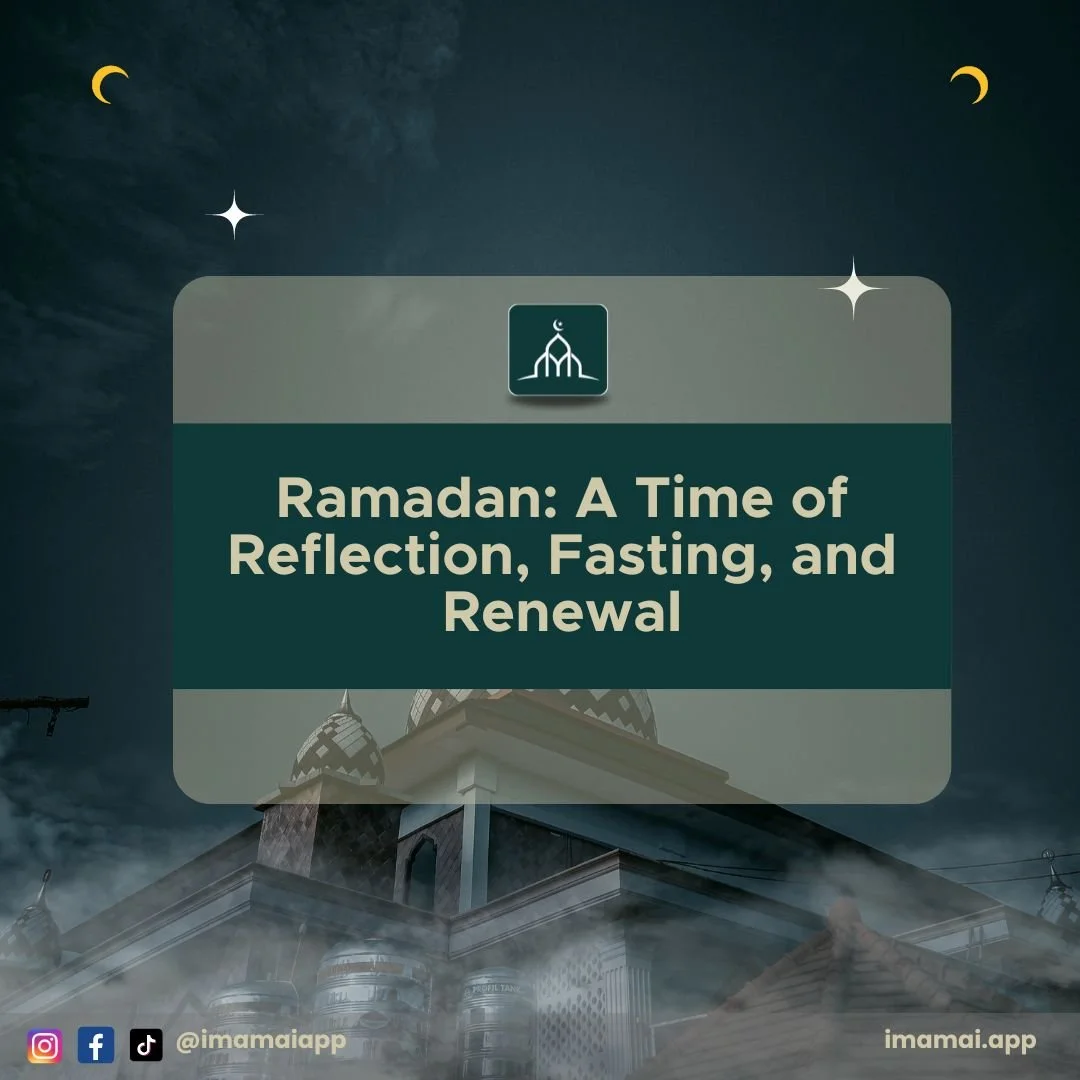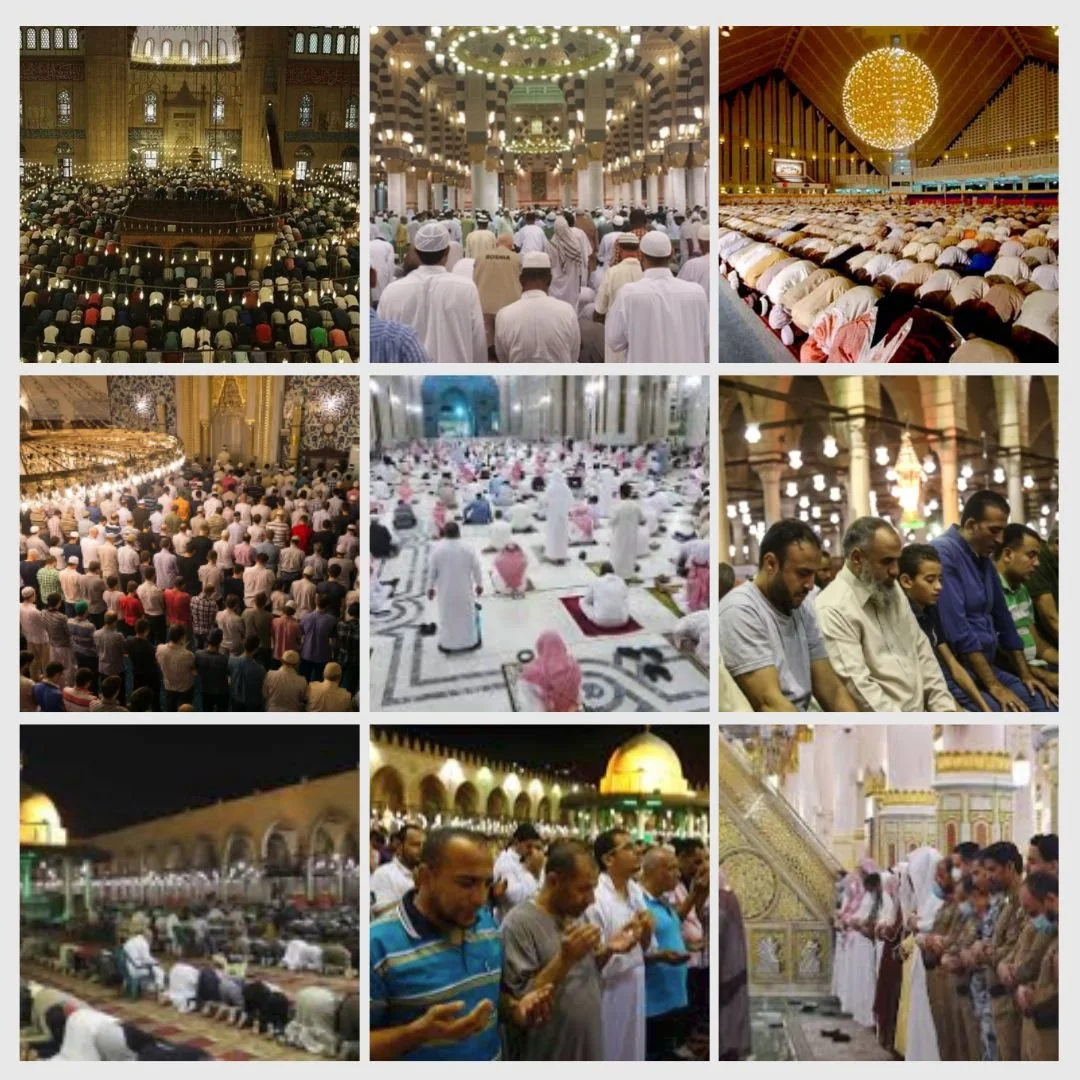Ramadan: A Time of Reflection, Fasting, and Renewal
As the crescent moon rises in the sky, marking the beginning of the holy month of Ramadan, the hearts of millions of Muslims around the world fill with joy, anticipation, and a deep sense of purpose. Ramadan, the ninth month of the Islamic lunar calendar, is a time for spiritual reflection, self-improvement, and heightened devotion and worship. It is a period when Muslims fast from dawn until sunset, refraining from eating, drinking, and other physical needs during the daylight hours as a means of drawing closer to Allah (سبحانه وتعالى).
The Significance of Ramadan
Ramadan holds immense significance in Islam; it is the month in which the Quran was revealed to Prophet Muhammad (صلى الله عليه وسلم) as a guide for humanity and a clear proof of guidance and the criterion (of right and wrong). This makes Ramadan not just a time for physical abstention but a season for spiritual replenishment and rejuvenation, encouraging Muslims to purify their hearts, seek forgiveness, and connect deeply with their faith.
Fasting: A Pillar of Islam
Fasting during Ramadan is one of the Five Pillars of Islam, making it an obligatory act for adult Muslims. The fast is not only a physical discipline but a spiritual exercise aimed at instilling self-restraint, empathy for the less fortunate, and a reminder of the bounty of Allah’s blessings that we often take for granted.
Nights of Prayer: Taraweeh and Qiyam
The nights of Ramadan are lit with the beauty of Taraweeh prayers, special nightly prayers in which long portions of the Quran are recited. These prayers are a time for communal worship and reflection on the messages of the Quran. In the last ten nights of Ramadan, Muslims seek out Laylat al-Qadr (the Night of Decree), believed to be better than a thousand months, by increasing their worship and recitation of the Quran.
Taraweeh Prayers all across the world
The Spirit of Giving: Zakat and Sadaqah
Ramadan is also a time of increased charity and generosity. Muslims are encouraged to give Zakat (obligatory charity) and Sadaqah (voluntary charity) to support those in need, spreading kindness and compassion within the community.
Duas for Ramadan
The essence of Ramadan is beautifully encapsulated in the supplications and duas that are recited, seeking Allah’s mercy, forgiveness, and blessings:
Dua for Breaking the Fast (Iftar)
اللَّهُمَّ إِنِّي لَكَ صُمْتُ وَبِكَ آمَنْتُ وَعَلَيْكَ تَوَكَّلْتُ وَعَلَى رِزْقِكَ أَفْطَرْتُ
"O Allah, I fasted for You, I believe in You, I rely on You, and with Your provision, I break my fast."
Dua for Seeking Forgiveness
اللهم إنك عفو تحب العفو فاعف عني
"O Allah, You are Forgiving and love forgiveness, so forgive me."
Embracing the Blessings of Ramadan
As we welcome Ramadan, let us embrace its blessings with open hearts. Let this be a time for spiritual growth, for purifying our hearts and minds, and for reconnecting with Allah (سبحانه وتعالى) in a profound and meaningful way. Let us also reach out to those in need, sharing the blessings we have been given, and cultivating a spirit of community and brotherhood.
May this Ramadan be a source of peace, guidance, and renewal for all. May our fasts be accepted, our prayers answered, and our sins forgiven. Ramadan Kareem to you and your loved ones. Let us make the most of this blessed month and emerge from it rejuvenated in faith and commitment to our values and principles. Ameen.


